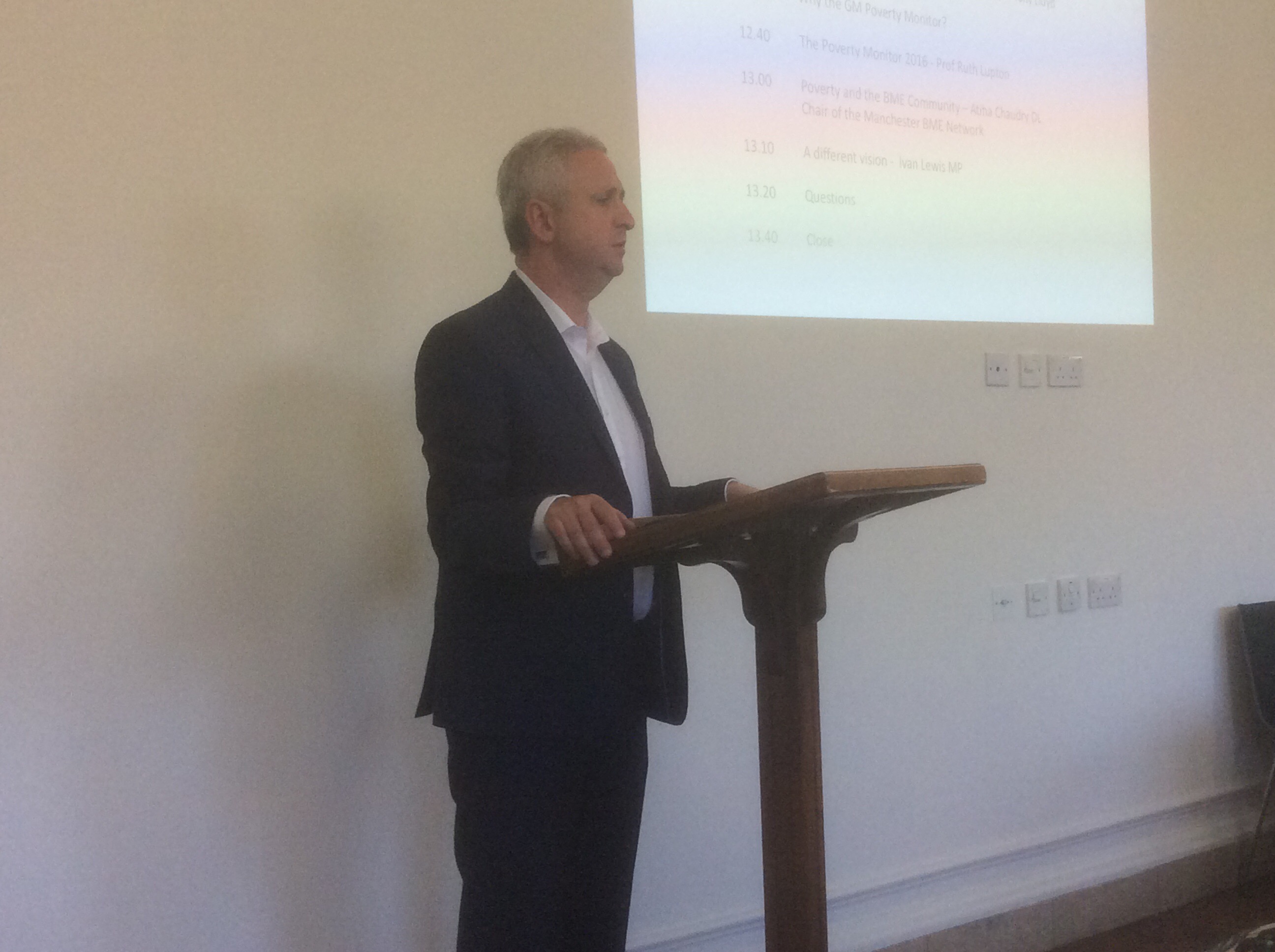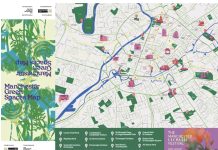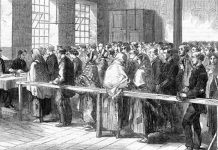More than one in five people across Greater Manchester live in neighbourhoods which are in the most deprived 10% nationally as the latest Greater Manchester Poverty report is launched.
Greater Manchester continues to have high levels of poverty and deprivation across all indicators.says the latest report from Greater Manchester’s Poverty Action Group
Around 585,000 people in GM (more than 1 in 5) live in neighbourhoods which are in the most deprived 10% nationally. 28% of children are estimated to be growing up in poverty, compared with 25% nationally.
Almost 1 in 5 households in Greater Manchester (and nearly 1 in 3 in the City of Manchester) claim housing benefit, higher than the national rate. Unemployment, though falling remains relatively high, at 7.8% in 2014 compared with 6.2% nationally.
This most recent update of the Poverty Monitor data tells us that the pension credit guarantee claimant rate, which helps measure poverty amongst the elderly population, was two percentage points higher in Greater Manchester (at 8.5%) than in England as a whole (at 6.6%).
Similarly, the proportion of Greater Manchester residents claiming Employment Support Allowance or Incapacity Benefit was two percentage points higher (at 8.4%) than England as a whole (6.1%). The rate of individuals who had experienced benefit sanctions was two percentage points higher (7.7%) in Greater Manchester than in England as a whole (5.6%). Greater Manchester is therefore experiencing more poverty across many different indicators than the rest of the country.
Furthermore, these Greater Manchester figures conceal much higher rates of poverty in particular boroughs. Across most indicators, Rochdale, Oldham, Salford, Manchester and Tameside score more highly (that is, with more poverty) than other parts of the conurbation. It is a noticeable trend that Trafford scored very low (that is, with less poverty) across the indicators, and so contributed to reductions in what would otherwise have been much higher rates of poverty at a GM level.
And all the indicators are that in reality the figures could be a lot worse on the ground. According to Professor Ruth Lupton from the University of Manchester, who reminded us that poverty has been a major factor in the story of Manchester going back to the 1840’s and the writings of Engels, the report though comes with a health warning as the rollout of universal credit and benefit sanctions over the period that has been monitored so for example while those seeking Job Seekers Allowance (JSA) are falling across Greater Manchester, some of this is almost certainly down to changes in the benefits system.
Indeed, adds Ruth, the figures don’t necessary reflect what it happening on the ground, she believes that the day to day reality on the ground is almost certainly worse and that if current government policy continues to 2020 things will be getting worse.
Chairman Mike Cribb gave AboutManchester an example:
“Foundation Tameside provides support to homeless people with complex needs. Foundation has had to reduce its current service for people with complex needs from over 40 units of accommodation to 16 despite the best efforts of Tameside MBC. With local cuts reaching nearly £200m over the last 10 years as a result of the Government’s austerity measures the Local Authority is not left with many options.
Such measures impact on the most vulnerable across Greater Manchester and the country as a whole which means that people with the most need develop acute needs which simply builds a larger problem in the longer term and as we have seen immediately generates more demand for traditional social and health care services because people literally have nowhere else to go.”
Meanwhile Ivan Lewis MP for Bury South, candidate for Greater Manchester’s Mayor spoke of living in a society of food banks bedroom tax and benefit sanctions.
Cranes in the sky contrasted with the inequalities of income distribution, he told the audience, “the figures show that there are far too many people in Greater Manchester communities have been left behind as Manchester has grown.”
In a speech which set out his candidacy for Greater Manchester’s Mayor, he attacked what he called the technocratic Devo Manc agreement while recognising that devolution will give the region a new start away from a society where Economic growth and social justice link has been broken, and trickled down economics had failed, while hailing a new beginning where everyone has the chance to participate in society and ultimately unlikely to have a voice in the new future.
He proposes a fair deal from central government, current funding for health and social care is simply not adequate, the population in Greater Manchester is simply not skilled for the new jobs that have been created, and he proposes a Manchester school improvement fund similar to that which was given to London a few years back.







